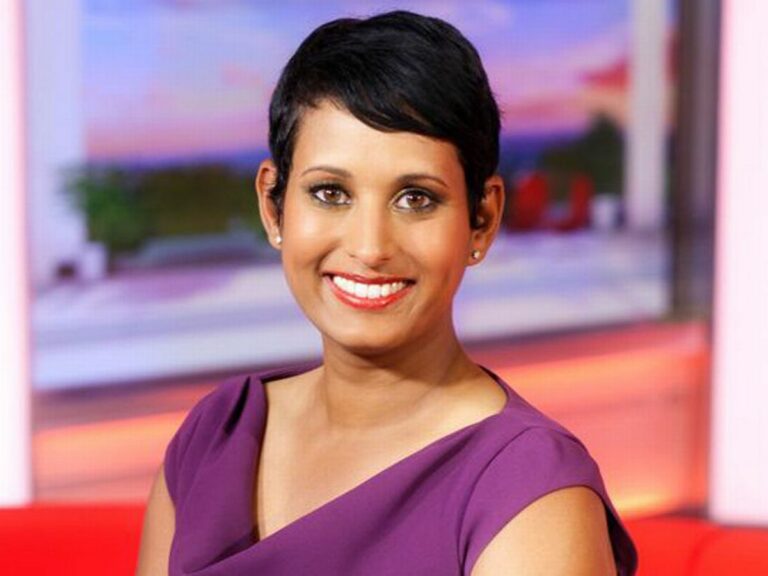The event returns to Leeds on Thursday 30th January
The discussion about Trump was deemed to be compatible with Ofcom rules because it was in the context of a chat between two hosts on the Breakfast sofa. Ofcom said viewers understood the difference in tone between traditional news bulletins and the magazine-style programme, which “has over many years featured informal exchanges between the presenters on news items”.
It concluded: “This style of analysis can be engaging for viewers and can enhance public understanding of the news. Audiences are familiar with this format and, in our view, it would have shaped their expectations of the presenters and programme in this case.”
Kevin Bakhurst, Ofcom’s director for content and media policy – himself a former BBC News executive – said: “We have serious concerns around the transparency of the BBC’s complaints process, which must command the confidence of the public. We’ll be requiring the BBC to be more transparent about its processes and compliance findings as a matter of urgency.”
In response, a BBC spokesman said: “We note Ofcom’s finding and the fact they agree with the Director General’s decision.”
The BBC’s own rules state that whenever its Executive Complaints Unit upholds or resolves a complaint, it must publish a summary of the findings, but not the full reasoning.
Ofcom said: “We had an exchange of correspondence with the BBC in which we invited the BBC to provide any further background information that it considered relevant for the purposes of helping us to carry out our assessment of the programme against the code.
“The BBC stated that it did not wish to provide any further information at this time. It also questioned whether it was within Ofcom’s remit under the BBC Charter and Agreement to assess this programme.”
Jordan had told Ofcom that there was “no proper basis for Ofcom’s proposed action” due to the agreement that governs which BBC complaints can be assessed by the external regulator.
“I am disappointed, therefore, that Ofcom is assessing a broadcast with a view potentially to undertaking an investigation for which it has no clear jurisdiction, rather than handling complaints it has received about the programme in the normal way,” he wrote.
The broadcaster has guarded the independence of its in-house complaints process, usually only allowing Ofcom to step in when viewers are not satisfied with the original BBC ruling. In this case, the viewer was satisfied with the original ruling against Munchetty.










